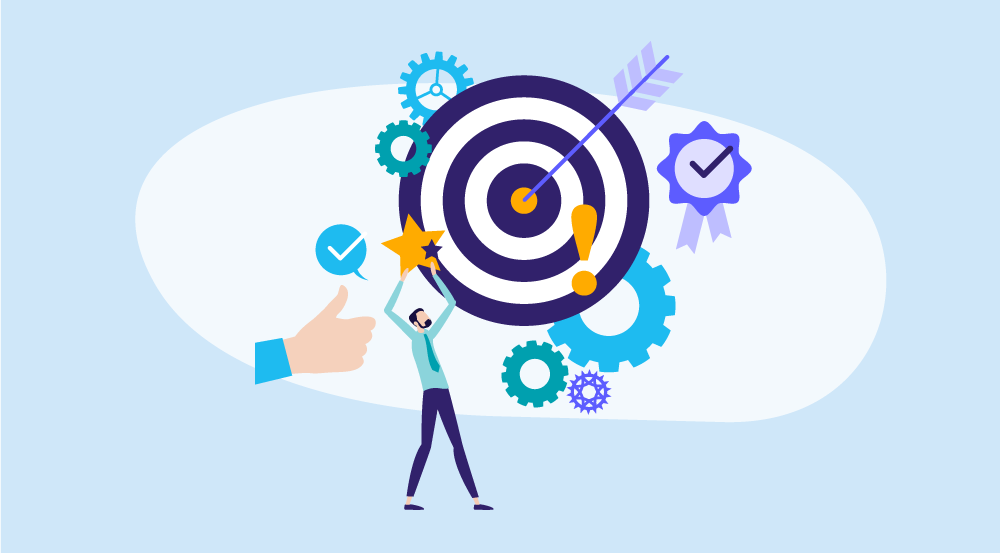Performance
Performance refers to the effectiveness and efficiency with which a company or its components, such as individuals, teams, departments, or processes, achieve their objectives and goals. Performance can be assessed and measured in various ways, depending on the specific context.
Objective Achievement
Performance in business is about the extent to which a company, team, or individual achieves its goals and objectives.
Efficiency and Effectiveness
Performance is often assessed in terms of both efficiency (doing things right) and effectiveness (doing the right things), ensuring optimal resource utilization.
Continuous Improvement
Businesses strive for continuous improvement by regularly assessing performance, identifying areas for enhancement, and making data-driven adjustments.
Key Performance Indicators (KPIs)
These are specific, quantifiable metrics that provide a snapshot of performance in critical areas, helping organizations track progress and success.
Customer Focus
High-performing organizations prioritize customer needs, ensuring that products and services meet or exceed customer expectations, leading to customer satisfaction and loyalty.
Market Competitiveness
Assessing performance also involves understanding a company's competitive position in the market, staying aware of industry trends, and adapting to remain competitive.


Strategic Planning
Strategic planning is a foundational element of high-performance B2B marketing. Effective strategic planning in B2B marketing involves aligning marketing activities with overall business goals, understanding the market landscape, and positioning the organization to achieve a competitive advantage.
- Assessing the market and segmenting it effectively to identify target audiences.
- Ensures that marketing efforts are directed toward the most promising segments, increasing the likelihood of attracting qualified leads.
- Establishing clear and measurable marketing objectives aligned with overall business goals.
- Positions the organization effectively in the market, highlighting its strengths and differentiating it from competitors.

Target Market Understanding
Understanding the target market is a critical aspect of B2B (business-to-business) marketing. A comprehensive understanding of the target market allows B2B companies to tailor their strategies, products, and messaging to effectively engage and serve their ideal customers.
Understanding the target market helps identify and define the ideal customer profile for the B2B company.
Knowing the needs, challenges, and pain points of the target market.
Enables the development of solutions that directly address the specific problems faced by businesses within the target market, increasing the relevance of products or services.
A well-aligned value proposition communicates how the B2B company's offerings uniquely address the needs and priorities of the target audience, increasing the likelihood of engagement.

Innovation and Adaptability
Innovation and adaptability play crucial roles in B2B (business-to-business) marketing, especially in dynamic and competitive environments
- Continuously innovating products, services, and solutions.
- Adapting offerings based on evolving customer needs and preferences.
- Ensures that B2B companies remain relevant and provide solutions that meet the changing requirements of their target audience.
Harnessing the power of innovative tools and channels, such as AI, data analytics, and automation, to enhance marketing efficiency and effectiveness.
combining innovation and adaptability in B2B marketing strategies allows companies to stay competitive, respond to changing market dynamics, and deliver value to customers in an ever-evolving business landscape. These qualities are essential for building resilience, driving growth, and maintaining long-term success in the B2B sector.

